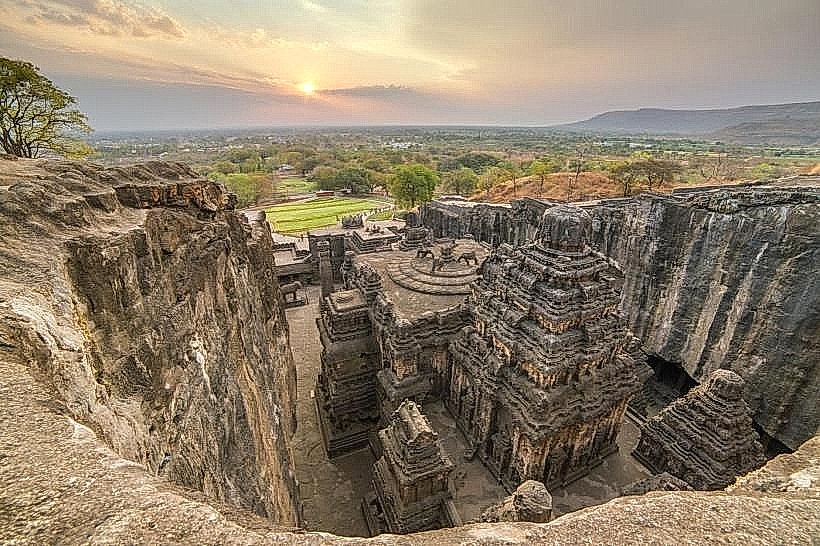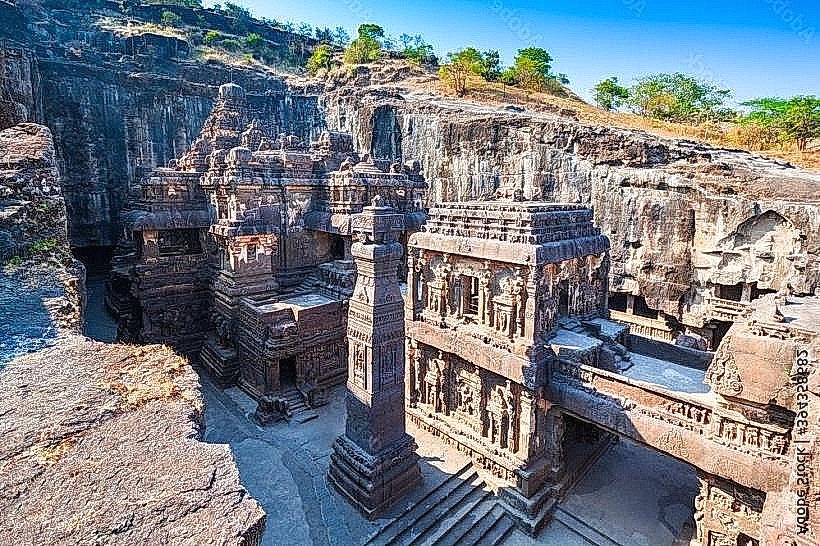Information
Landmark: Ajanta CavesCity: Amravati
Country: India
Continent: Asia
Ajanta Caves, Amravati, India, Asia
Willow Park is a municipal park located in Bennington, Vermont, USA.
Visual Characteristics
The park features a central pond with a concrete retaining wall. Surrounding the pond are mature deciduous trees, primarily maple and oak, providing significant canopy cover. Open lawn areas are maintained for recreational use. Paved pathways, approximately 1.5 meters wide, traverse the park's perimeter and connect key features.
Location & Access Logistics
Willow Park is situated approximately 1.5 kilometers south of Bennington's downtown core. Access is via South Street, with a clearly marked entrance. A dedicated parking lot with capacity for 50 vehicles is available on the west side of the park. The Green Mountain Transit bus route #2 stops at the intersection of South Street and Willow Road, a 0.3km walk from the park entrance.
Historical & Ecological Origin
The park was established in 1958 on land formerly owned by the Willow Creek Mill. The pond is a man-made feature, created as part of the mill's water management system. The surrounding vegetation is a mix of native deciduous species typical of the northeastern United States temperate forest biome.
Key Highlights & Activities
Fishing is permitted in the pond. Designated picnic areas with tables and grills are available. A children's playground is located on the eastern side. Walking and jogging are facilitated by the paved pathway system.
Infrastructure & Amenities
Restrooms are located near the main entrance. Several shaded areas are provided by mature trees. Cell phone signal (4G/5G) is generally consistent throughout the park. No on-site food vendors are present; nearest facilities are located in downtown Bennington.
Best Time to Visit
For photography, early morning or late afternoon light offers optimal illumination of the pond and foliage. The months of May through October provide the most favorable weather conditions for outdoor activities. The pond is accessible year-round, though ice fishing is not officially sanctioned.
Facts & Legends
Local lore suggests that the pond's depth is greater than its visible surface area indicates, with some tales attributing this to an underground spring. The park's original land parcel was part of a larger agricultural estate dating back to the early 19th century.
Nearby Landmarks
- Bennington Museum (1.2km North)
- Old First Church (1.3km North)
- Bennington Battle Monument (1.8km Northwest)
- Robert Frost Stone House Museum (3.5km Southwest)



